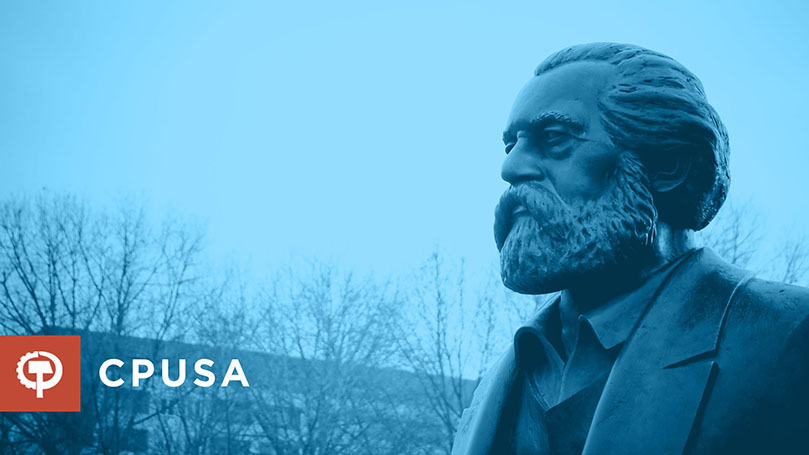
There’s been a lot of talk about nationalism since Trump’s announced he’s a nationalist. This Marxist IQ explores some of nationalism’s basic features as it emerged historically and the role it plays today.
1. According to Marxist thinking the formation of nation states and “national sentiments:”
a. Historically reflects an effort by the newly emerging capitalist class to unify society;
b. Has two basic tendencies: separation and integration, with integration being dominant;
c. Takes two basic forms: the nationalism of oppressor countries and the nationalism of oppressed countries;
d. Among oppressing countries is reactionary and anti-democratic;
e. All of the above.
2. Which of the following is NOT a requirement for a group of people to qualify as a nation, in the Marxist definition of the term?
a. A common language;
b. A common economic life;
c. An independent, self-governed state;
d. A shared culture.
3. Some states are comprised of one nation; others include several. Which of the following states are multinational–i.e., comprised of more than one national group?
a. Turkey;
b. Russia;
c. The United States;
d. All of the above.
4. Under Lenin’s leadership, the Bolsheviks insisted upon “the right of nations to self-determination,” meaning:
a. That secession should be the immediate goal of national minorities within multinational states;
b. That each nation has the right to decide the question of political independence for itself;
c. That class struggle cannot be undertaken until national independence was achieved;
d. That international bodies such as the United Nations are a threat to the sovereignty of nations.
5. The term ‘white nationalism’, as used to describe the ideology of Donald Trump and his “alt-right” (neo-fascist) supporters, is inaccurate because:
a. White people in the United States do not constitute a separate nation;
b. It fails to distinguish between the nationalism of oppressor nations and that of oppressed nations;
c. It covers up what they’re really talking about, which is white supremacy;
d. All of the above.
6. The struggles of oppressed peoples, nations and nationalities for equality in its most basic form is;
a. In essence a class struggle question;
b. At bottom a democratic struggle;
c. An issue that involves the entire society of each people affected, hence an all-class question.
d. None of the above;
e. B and C.


 Join Now
Join Now